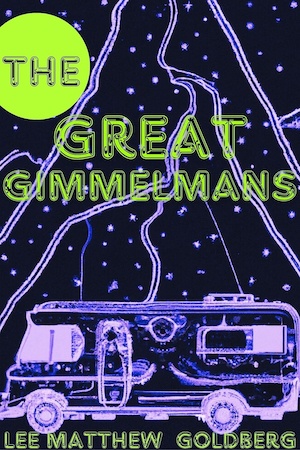
Nobel week is always a big week.
South Korean Novelist Han Kang Awarded 2024 Nobel Prize in Literature
Han Kang’s Nobel Prize is unusual in a couple of ways. First, she is considerably younger than most winners and has a long time ahead of her in which to enjoy the unique glow this award provides. Second, she already has had one success in the U.S. with the truly fantastic The Vegetarian. There are a lot of people who have read that book out there, which means she has much more of a platform than usual for non-North American writers who win the Nobel (Ishiguro being the other notable recent-ish exception). One effect is that her books that have not been translated into English almost certainly will be. It also means that We Do Not Part, Kang’s next book, instantly is going to be one of the big books of 2025.
The day after the awarding of the Nobel Prize in Literature is one of my favorite days to read the internet. Usually, I am learning about an author about which I know very little and have read directly even less. Han Kang represents a different case in that I have read The Vegetarian, but nothing else. But other people have. (Sounds like Human Acts is the pick by the real Kang-heads out there).
Today, I’m rounding up a bunch of Kang and Nobel stuff I’ve been reading (or at the least bookmarking to consider reading). Enjoy.
Created by Humans Partners with the Authors Guild
Whether sucking up copyrighted works into LLMs is legal is very much in question. If it turns out that it isn’t, then a process and terms for anyone who would be OK licensing their work to AI companies will be have some takers. I have no sense right now what even the payouts could be for these types of deals for individual authors; several publications have signed major deals, but those represent the works of hundreds if not thousands of writers. Prediction: it will be more than AI companies want to pay and much less than writers want.
20,000 readers of literary fiction…?
Rebecca Schinksy and I talked about this whisper of a rumor of a stat a few weeks ago on the Book Riot podcast, and Leigh Stein apparently had the same randomly, off-the-record comment get stuck in her mind. She tries to work through where this stat came from (a background comment in a review of a book) and what it means (sort of nothing, but also maybe everything). After thinking about it for awhile, I think the actual number cited is less important than the truth it represents: there are not that many people here in the States reading literary fiction. Some literary things break out and upmarket commercial fiction complicates matters, but the ranks of people who are interesting in picking up a mid-list literary novel that hasn’t been picked by a book club or something are thin.
What Good is Great Literature?
On Literature Nobel Eve, AO Scott’s column on what is so great about greatness anyway uses as its only example….a movie. Scott’s long-tenture as a movie critic makes this a little less surprising but no less strange. Because if there were a Nobel for movies, then there is a very, very good chance that Francis Ford Coppola, director of Megalopolis, would have one. Still, there is a piece here that got me thinking.
Hardcover Joins The “We Aren’t Goodreads” Ranks
Well, hello there. We have a new Goodreads alternative kicking the tires on social reading apps. It’s been a while. What makes Hardcover different? For starters, they are launching with a freemium model (you still can’t pay Goodreads money for a better/different experience), aren’t doing traditional advertising (sounds like it is getting money from authors to promote their books is the tact here), and there is an AI recommendation thing built in as well. It’s an independent project with no obvious venture/investment backing, which we have seen do better in this space (LibraryThing/StoryGraph) than others, which had grander hopes.







